Molecular Epidemiology
NGS in Molecular Epidemiology
Molecular epidemiology describes a process of identifying the genetic basis of disease, including variants within hosts and pathogens that influence infection, transmission, and prevention. Molecular epidemiologists typically focus on determining sources of infection, tracking transmission routes, and identifying genes responsible for virulence and drug resistance, to support hospital infection control and epidemiological investigations.
Next-generation sequencing (NGS) allows highly accurate, hypothesis-free analysis of multiple isolates for detection, replacing multiple tests to identify organisms and examine resistance and virulence. In contrast, traditional methods of pathogen identification and characterization are often guided by serial hypotheses and are optimized for only a limited number of organisms.

Featured Molecular Epidemiology Articles
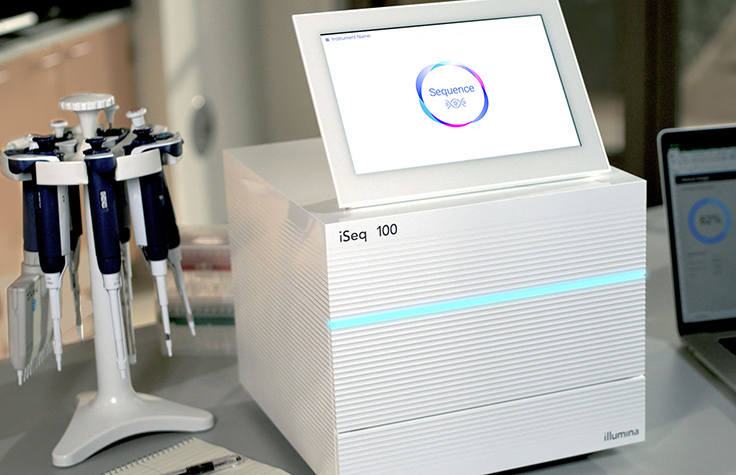
Characterizing an Ebola Outbreak
In combination with extensive epidemiological findings, the portable iSeq 100 System enabled local scientists to analyze transmission patterns and trace the outbreak's origin.
Read Article
Surveillance of Infections with Bacterial Genome Sequencing
Healthcare-acquired infections are a major healthcare concern. Outbreak detection is possible through comprehensive isolate discrimination and characterization.
Read App Note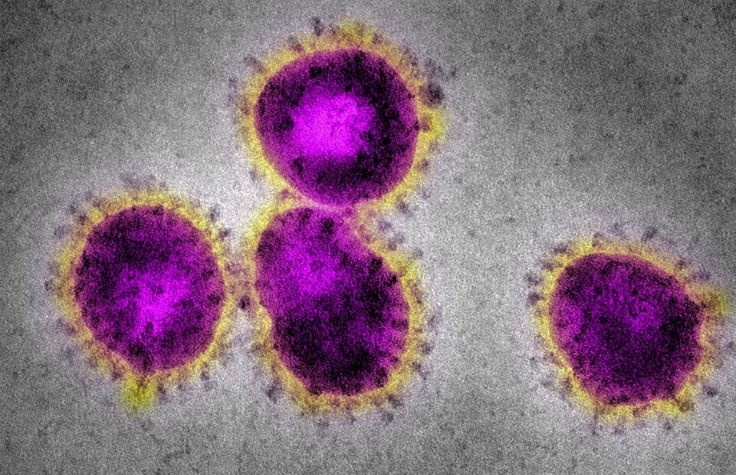
Illumina Sequencers Help Characterize and Control Coronavirus
Illumina NGS was used to sequence the SARS-CoV-2 coronavirus genome, in combination with other technologies, as published in the New England Journal of Medicine.
Read ArticleCOVID-19 Sequencing
Compare NGS methods and find solutions to detect and characterize SARS-CoV-2, track transmission routes, study co-infection, and investigate viral evolution.
Learn More
Further Benefits of NGS in Molecular Epidemiology
A key advantage of NGS is that researchers can generate genome sequence data capable of identifying a range of organisms (bacteria, viruses, and parasites). Examining variations across genomes supports cross-sectional studies for better understanding of mechanisms that lead to infection and spread, as well as phylogenetic analysis to determine relatedness among organisms.
High-resolution pathogen typing using whole-genome sequencing data can differentiate organisms that many older methods cannot distinguish.
Microbial whole-genome sequencing can help epidemiologists overcome traditional challenges of tracking disease origins and investigating outbreaks.
Tracking Pathogenic Changes
Get an introduction to genomic epidemiology as Dr. Jennifer Gardy explains how NGS is adding muscle to public health efforts and how it was used to reconstruct outbreaks of tuberculosis in British Columbia, Canada.
Read article: Staying Ahead of the Next Outbreak
View Video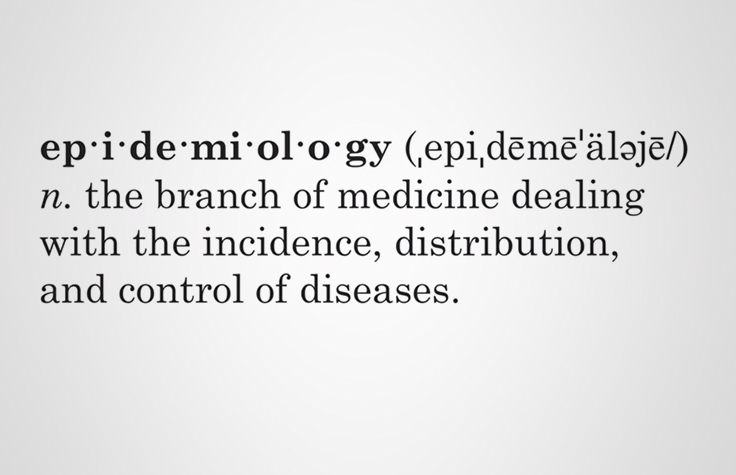
Related Epidemiology Solutions
Infectious Disease Surveillance
NGS supports effective strategies to identify emerging pathogens, study zoonotic reservoirs, and prevent further transmission.
Respiratory Pathogen ID/AMR Panel
This NGS-based workflow targets respiratory pathogens and antimicrobial resistance alleles, and offers simplified data analysis powered by IDbyDNA.
COVID-19 Software Tools
Accelerate coronavirus detection and identification, perform host response studies, simplify your sample tracking, and contribute to public databases, free of charge.
Recent Developments in Microbiology

Tackling antimicrobial resistance, one genome at a time
Illumina’s pioneering sequencing tools are helping scientists combat this deadly threat across multiple continents
Read article
The Time is Now for Microbiome Studies
Whole-genome shotgun sequencing and transcriptomics provide researchers and pharmaceutical companies with data to refine drug discovery and development.
Read Interview
Zurich lab imagines new possibilities in microbial research and diagnostics
In the fast-moving, ever-evolving field of medical microbiology, a team of scientists gets a boost from the new Illumina MiSeq i100
Read articleInterested in receiving newsletters, case studies, and information on microbial genomics? Enter your email address.
Additional Resources
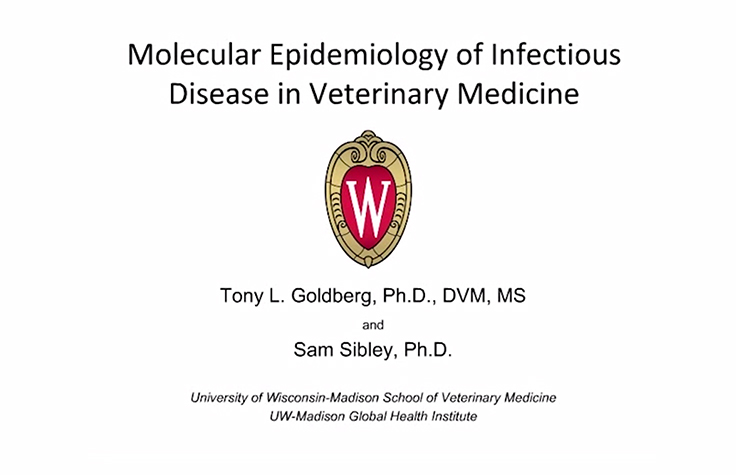
NGS in Veterinary Epidemiology
Tony Goldberg and Sam Sibley discuss how NGS is driving progress in infectious disease epidemiology for veterinary medicine.
Tracking Influenza Using NGS
Learn about the culture-free method developed at AFRIMS in Thailand for tracking influenza using MiSeq.
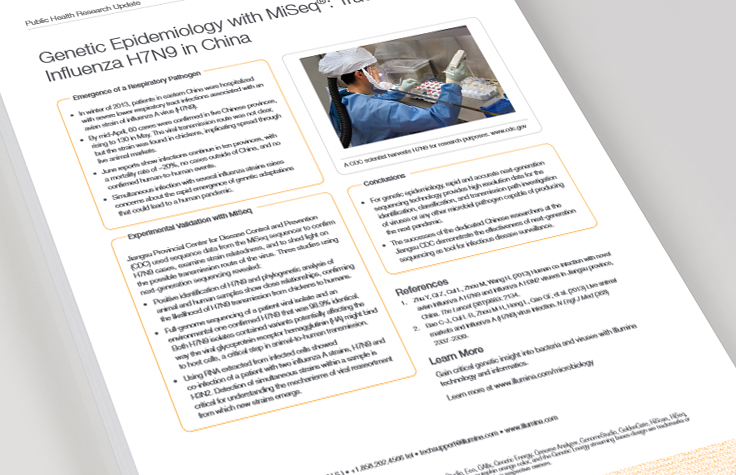
H7N9 Influenza Surveillance in China
Read how dedicated researchers at the Jiangsu CDC use MiSeq for H7N9 influenza surveillance.
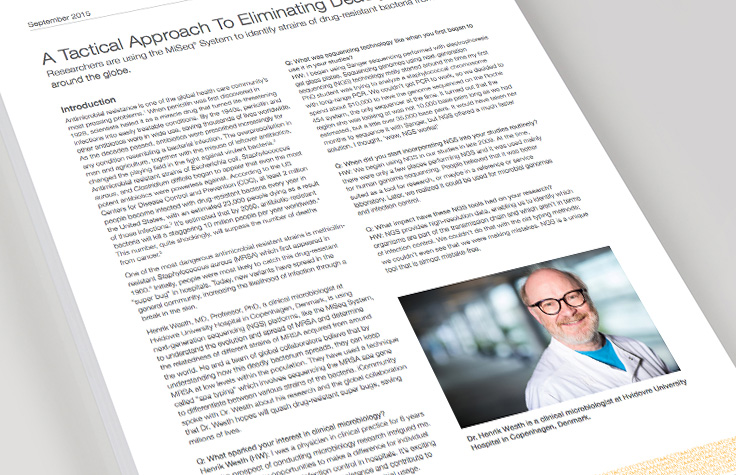
Epidemiology of Drug-Resistant Bacteria
Researchers use NGS to understand the evolution and spread of methicillin-resistant Staphylococcus aureus.
References
- Prosperi M, Veras N, Azarian T, Rathore M, Nolan D, et al. (2013) Molecular epidemiology of community-associated methicillin-resistant Staphylococcus aureus in the genomic era: a cross-sectional study. Sci Rep 3: 1902.
- FBurnham CA, Carroll KC (2013) Diagnosis of Clostridium difficile infection: an ongoing conundrum for clinicians and for clinical laboratories. Clin Microbiol Rev 26:604–30.
- Crawford DC, Goodloe R, Brown-Gentry K, Wilson S, Roberson J, et al. (2013) Characterization of the Metabochip in diverse populations from the International HapMap Project in the Epidemiologic Architecture for Genes Linked to Environment (EAGLE) project. Pac Symp Biocomput 188–199.
- Harrison EM, Paterson GK, Holden MT, Larsen J, Stegger M, et al. (2013) Whole genome sequencing identifies zoonotic transmission of MRSA isolates with the novel mecA homologue mecC. EMBO Mol Med 5:509–15.
- Smura T, Kakkola L, Blomqvist S, Klemola P, Parsons A, et al. (2013) Molecular evolution and epidemiology of echovirus 6 in Finland. Infect Genet Evol 16C:234–247.
- Pérez-Losada M, Cabezas P, Catro-Nallar E., Crandall KA. (2013) Pathogen typing in the genomics era: MLST and the future of Molecular Epidemiology. Infect Genet Evol 16C:38–53.